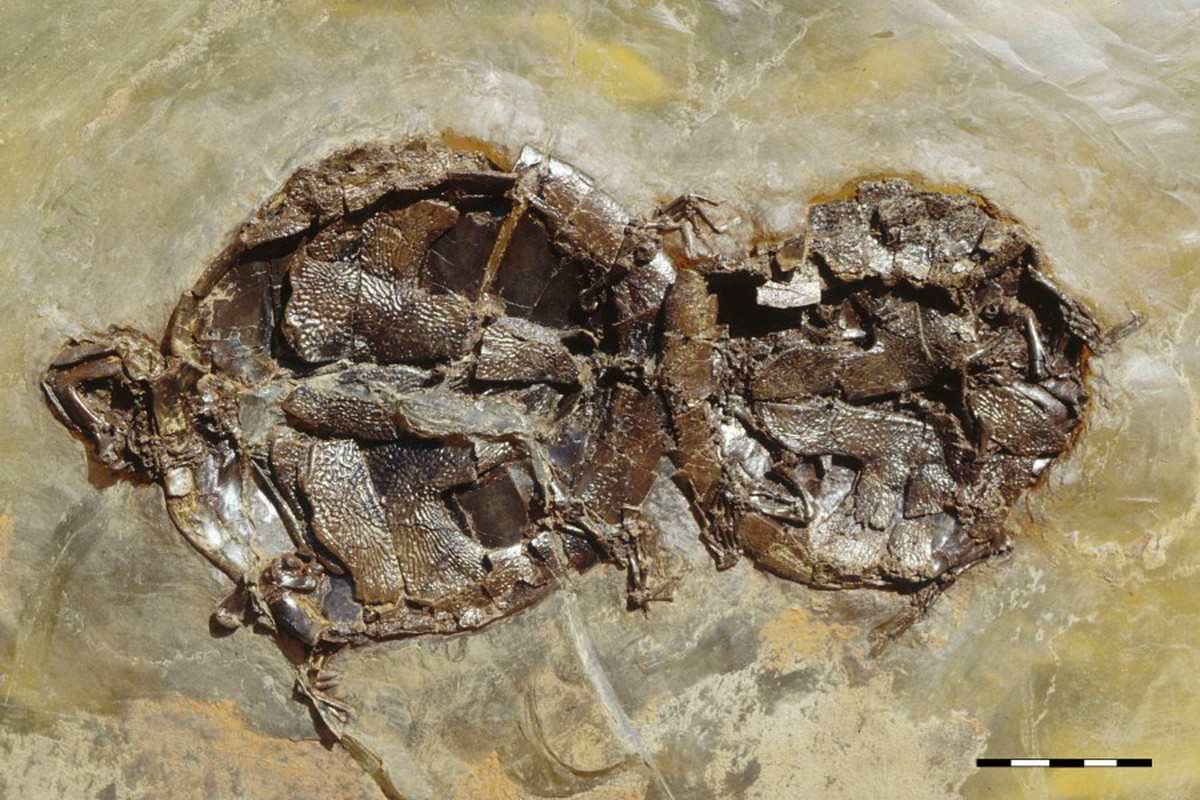Promiscuity does not benefit descendants
2009/07/01 Lakar Iraizoz, Oihane - Elhuyar Zientzia

According to a study published in the journal Science, females do not want their descendants to have better genes by associating with more than one male. This action, which represents an extraordinary investment of energy and time, will represent another benefit.
In some species it is customary that the females copulen with more than one male, that is, polyandría. The idea so far very widespread was that the descendants obtained some genetic benefit from it. However, in a study at the Swedish University of Uppsala with the beetle Callosobruchus maculatus it has not been possible to conclude.
Several females of this species were taken, joined to the sterile males and analyzed if the females were joined with good or bad males after the first copulation. To determine whether males were good or bad, the number of eggs fertilized by each male was taken as a criterion.
If the idea that was extended was true, the females would choose good males, which would give later. But they observed the opposite: the bad males had the greatest success.
It does not seem, therefore, that the females seek a genetic benefit in polyandry. One of the researchers who have investigated the cause is that some genes are antagonists in individuals of one and another sex. Therefore, it is not possible to distinguish between good and bad genes, since they provide beneficial properties for one sex and harmful to others.
Image: Image: Fleur Champion of Crespigny

Gai honi buruzko eduki gehiago
Elhuyarrek garatutako teknologia



